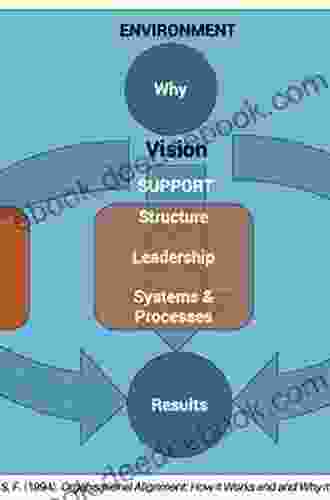The sacrifices made by veterans in service to their country are immeasurable. They have risked their lives, their health, and their well-being to protect our freedoms and defend our nation. Yet, all too often, when they return home, they are met with a different kind of battle – a war against the very system that is supposed to support them.
5 out of 5
| Language | : | English |
| File size | : | 1636 KB |
| Text-to-Speech | : | Enabled |
| Screen Reader | : | Supported |
| Enhanced typesetting | : | Enabled |
| Word Wise | : | Enabled |
| Print length | : | 264 pages |
| Lending | : | Enabled |
This war is fought on many fronts. It is a battle for recognition – for the invisible wounds of war that are often ignored or dismissed. It is a battle for compensation – for the physical and psychological injuries that can take a devastating toll on veterans and their families. And it is a battle for justice – for the systemic failures that have left so many veterans struggling to receive the care and benefits they deserve.
The roots of this war go back to the earliest days of our nation. Veterans of the Revolutionary War were promised land grants and other benefits, but many were never fulfilled. In the aftermath of the Civil War, the Union government created a system of pensions for disabled veterans, but it was plagued by fraud and corruption.
In the 20th century, the wars in Korea, Vietnam, and the Persian Gulf brought new challenges for veterans. They were exposed to toxic chemicals, such as Agent Orange and depleted uranium, which have caused a range of health problems. They also suffered from high rates of PTSD and other mental health conditions.
Despite the well-documented evidence of these injuries, the Department of Veterans Affairs (VA) has often been slow to recognize and compensate veterans. The VA has been criticized for its bureaucratic delays, its lack of transparency, and its adversarial approach to disability claims.
As a result of these systemic failures, many veterans have been left without the care and benefits they need. They have been forced to fight for their rights, often for years at a time. This has taken a heavy toll on their health, their finances, and their families.
The Invisible Wounds of War
One of the most significant challenges facing veterans is the recognition of the invisible wounds of war. PTSD is a mental health condition that can develop after exposure to a traumatic event, such as combat. Symptoms of PTSD can include flashbacks, nightmares, avoidance of reminders of the trauma, and difficulty sleeping.
PTSD is a serious condition that can have a devastating impact on veterans' lives. It can lead to job loss, relationship problems, and even suicide. Yet, the VA has often been slow to recognize PTSD as a legitimate disability. This has made it difficult for veterans to get the treatment they need.
In addition to PTSD, veterans may also suffer from other invisible wounds of war, such as traumatic brain injury (TBI) and military sexual trauma (MST). TBI is a brain injury that can occur as a result of a blow to the head or a blast wave. Symptoms of TBI can include headaches, dizziness, memory problems, and difficulty concentrating.
MST is sexual assault or harassment that occurs during military service. MST is a serious problem that can have a devastating impact on veterans' lives. It can lead to PTSD, depression, anxiety, and other mental health conditions.
The VA has made some progress in recent years in recognizing and treating the invisible wounds of war. However, much more needs to be done. Veterans deserve to have their injuries recognized and treated with the respect and compassion they deserve.
The Battle for Compensation
In addition to the invisible wounds of war, veterans also face a battle for compensation. The VA provides a range of benefits to veterans who are disabled as a result of their military service. These benefits can include monthly payments, medical care, and vocational rehabilitation.
However, getting these benefits can be a long and difficult process. The VA has a complex system for evaluating disability claims, and it can be difficult for veterans to get the evidence they need to support their claim.
The VA has also been criticized for its adversarial approach to disability claims. The VA often takes the position that veterans are not entitled to benefits unless they can prove that their disability is directly related to their military service. This can be a difficult burden to meet, especially for veterans who have invisible wounds of war.
As a result of these challenges, many veterans are denied the benefits they deserve. This can have a devastating impact on their health, their finances, and their families.
The Battle for Justice
The war against the vets is not just a battle for recognition and compensation. It is also a battle for justice. Veterans have been fighting for their rights for decades, and they deserve to be treated with the respect and compassion they deserve.
There are a number of things that need to be done to improve the lives of veterans. The VA needs to be reformed to make it more responsive to the needs of veterans. The VA needs to recognize and treat the invisible wounds of war with the respect and compassion they deserve. The VA needs to make it easier for veterans to get the benefits they deserve.
In addition to reforming the VA, there are a number of other things that can be done to help veterans. We need to increase funding for veterans' programs. We need to provide more support for veterans' families. And we need to end the stigma associated with mental health conditions.
The battle for justice for veterans is a long-standing one. But it is a




























































































